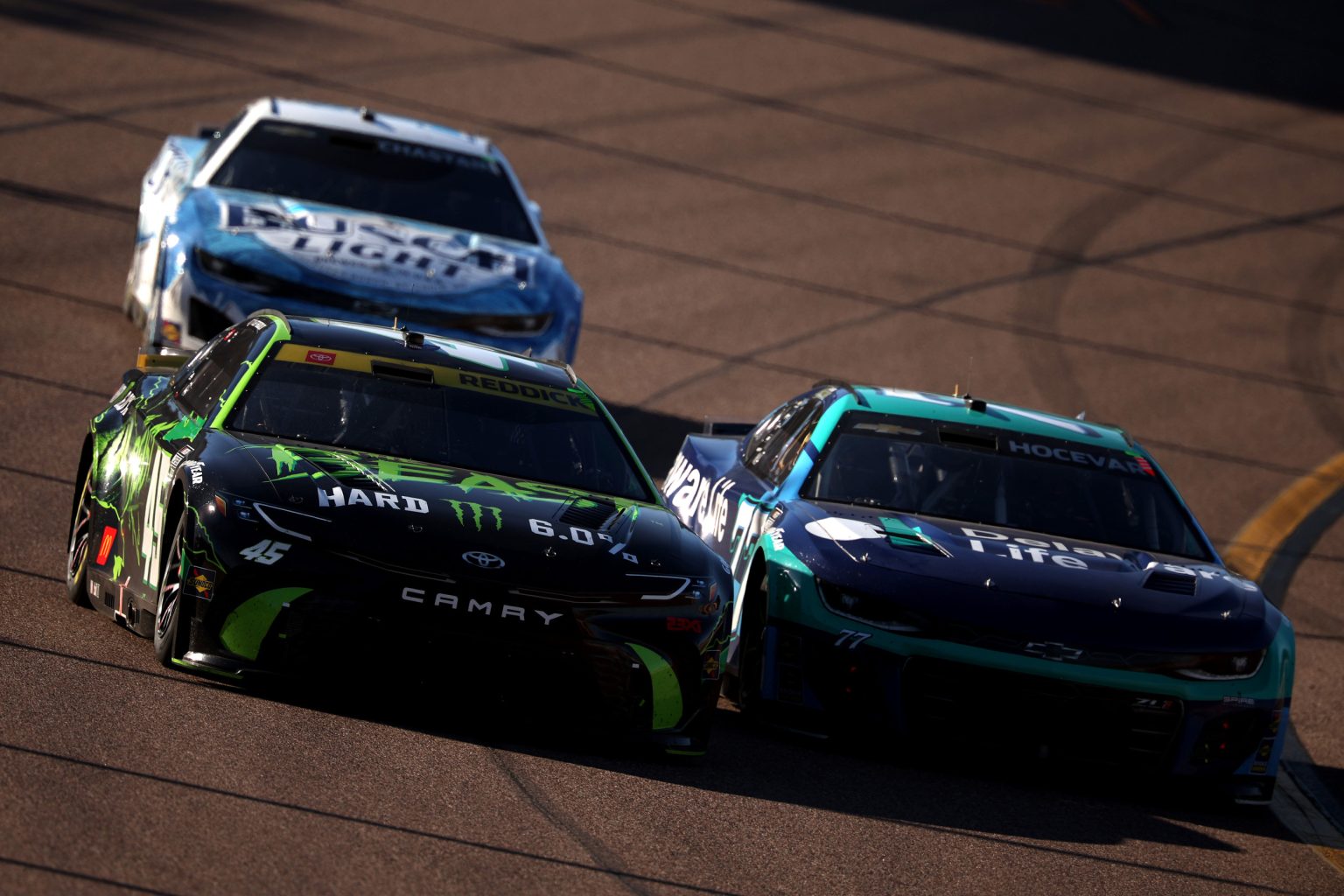The high-stakes battle between NASCAR and two of its prominent teams, 23XI Racing and Front Row Motorsports (FRM), over the sport’s charter system has escalated dramatically with NASCAR’s appeal of a preliminary injunction granted to the teams. This legal clash centers around the charter system, implemented in 2016, which guarantees participating teams a spot in each race and a share of the revenue, providing crucial financial stability. 23XI Racing and FRM allege that NASCAR has wielded this system monopolistically, enriching itself at the expense of competitive balance and the teams themselves. The teams’ lawsuit, filed in October 2024 against NASCAR and its CEO, Jim France, stems from failed negotiations over the 2025 charter agreements. The preliminary injunction, a key victory for the teams, allows them to acquire charters from Stewart-Haas Racing, ensuring their participation as chartered teams in the 2025 season. NASCAR’s immediate appeal underscores the gravity of the situation and the organization’s determination to maintain control over its operations and future planning.
The core of the dispute lies in the divergent perspectives on the charter system’s purpose and impact. For 23XI Racing and FRM, the system, as currently operated, restricts competition and unfairly favors certain teams. Their lawsuit contends that NASCAR has leveraged the system to consolidate power and limit opportunities for other teams to thrive. The teams argue that the acquisition of charters from Stewart-Haas Racing is necessary to ensure their continued viability and competitiveness within NASCAR. They see the preliminary injunction as a crucial step towards leveling the playing field and preventing what they perceive as NASCAR’s monopolistic practices.
NASCAR, on the other hand, views the charter system as essential for the sport’s stability and long-term health. The organization argues that the system ensures consistent participation, provides financial predictability for teams, and enhances the overall quality of racing. They believe the injunction interferes with their ability to manage the sport effectively and implement strategic changes, such as their plan to reduce the number of chartered teams from 36 to 32 by 2025. NASCAR contends that the forced approval of the charter transfers effectively locks them into long-term contractual obligations, undermining their control and potentially disrupting their long-term vision for the sport.
NASCAR’s emergency appeal emphasizes the perceived irreparable harm they believe the injunction will cause. They argue that the court’s decision goes beyond a simple allowance for the 2025 season and forces them into a contractual relationship lasting seven to fourteen years. This, they claim, restricts their flexibility and ability to adapt to evolving circumstances and implement changes deemed necessary for the sport’s future. They fear the precedent this sets, potentially opening the door to further legal challenges and undermining their authority to govern the sport.
Overseeing this complex legal battle is U.S. District Court Judge Bell, who has signaled a strong intention to resolve the dispute expeditiously. Recognizing the urgency of the situation and its potential impact on the upcoming racing season, Judge Bell has indicated a desire for a swift resolution, either through a settlement between the parties or a trial concluded before the start of the 2026 season. This demonstrates the court’s understanding of the time-sensitive nature of the dispute and its potential ramifications for the sport. Judge Bell’s setting of tight deadlines for responses further underscores the importance placed on reaching a timely resolution.
The legal wrangling between NASCAR and the two racing teams represents a critical juncture in the sport’s evolution. The outcome of this case could significantly reshape the landscape of NASCAR, influencing the balance of power between the governing body and its participating teams. The central question revolves around the charter system’s role and whether it fosters fair competition or perpetuates monopolistic practices. The court’s decision will have profound consequences for the future of NASCAR, determining the extent of NASCAR’s control and the opportunities available for teams to compete on a level playing field. The legal battle raises fundamental questions about the balance between a sport’s governing body’s authority and the rights of individual teams to operate within a fair and competitive environment. The court’s ultimate decision will significantly impact the future trajectory of NASCAR and the dynamics between the organization and its participating teams.

